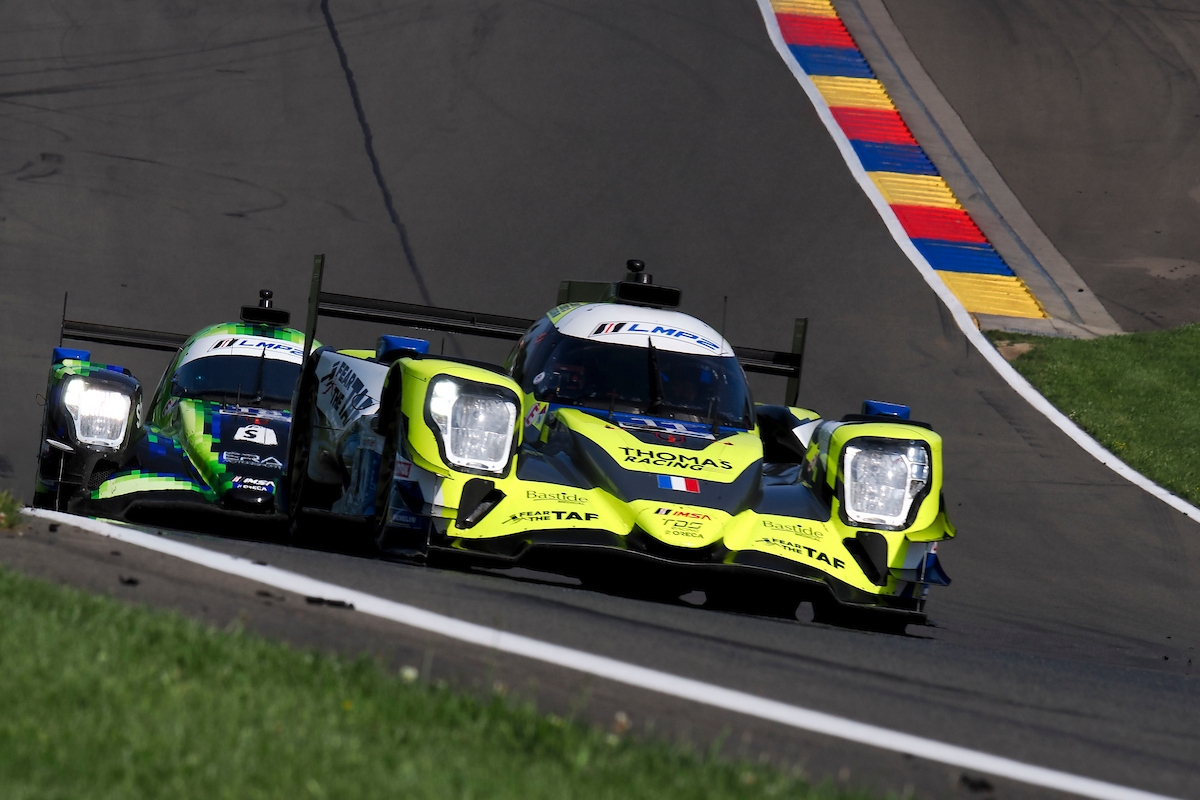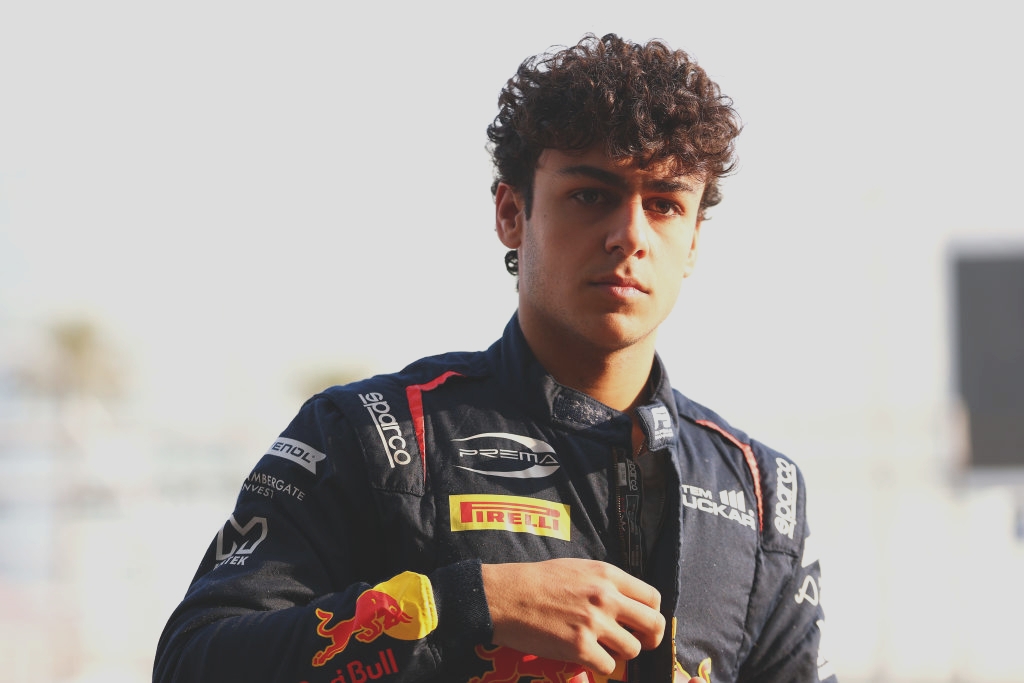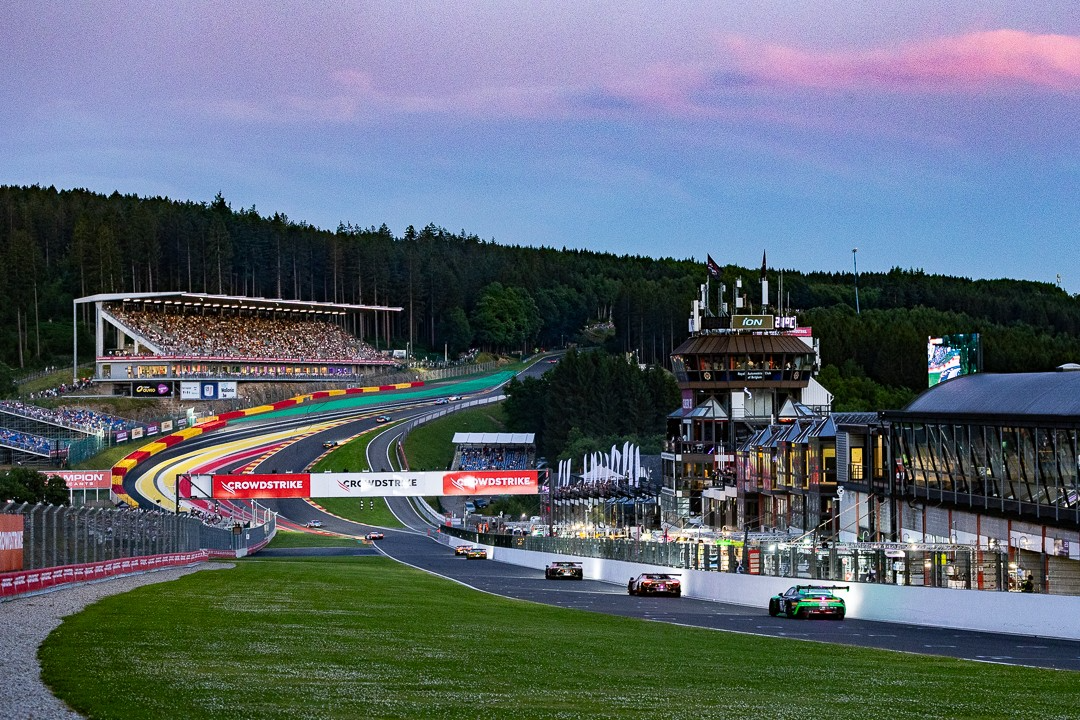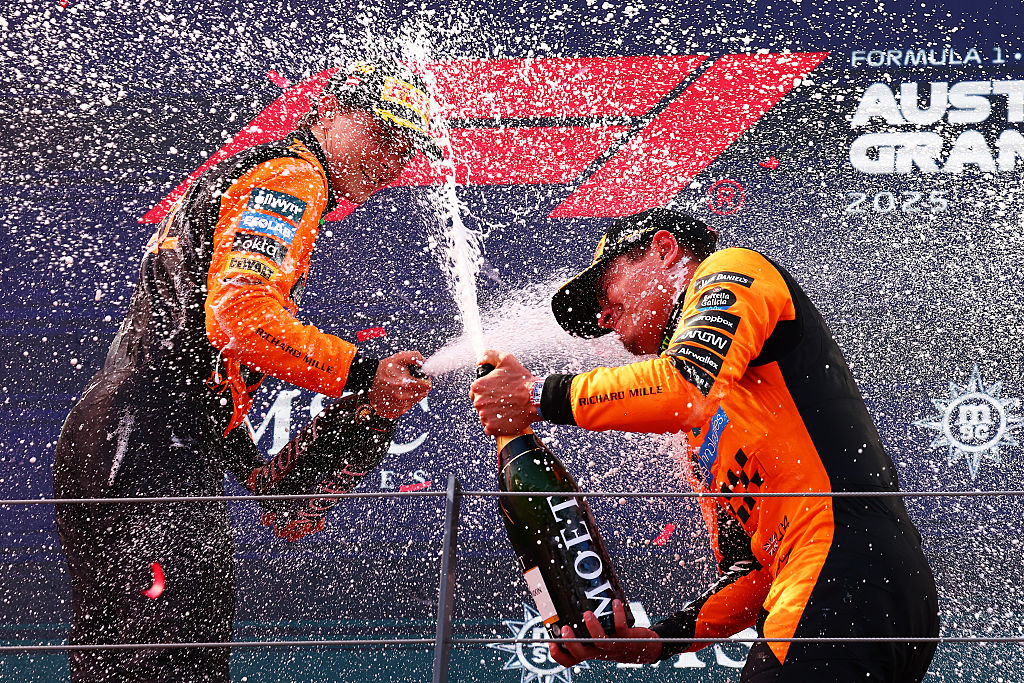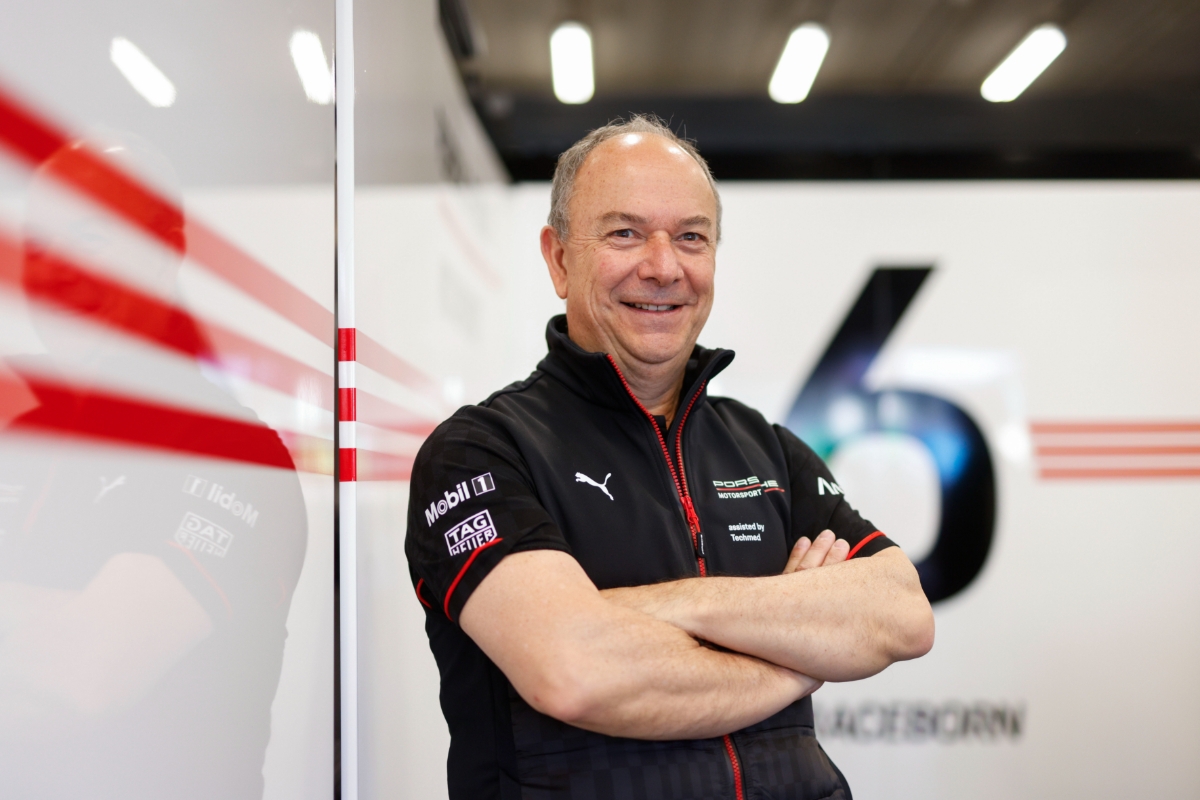
ShareThis is disabled until you accept Social Networking cookies.
Porsche’s secret weapon
Imagine being a powerboat champion, the youngest-ever Camel Trophy winner and also being the main person responsible for helping Nelson Piquet recover from his awful injury where he almost lost his foot in his 1992 Indianapolis 500 crash.... Vincenzo Tota, Porsche’s team doctor, has lived enough highlights for a thousand lifetimes, and he’s still absolutely crucial to everybody who he works with today, 33 years into his career.
Tota is from Siena, not far from Florence, and his motorsport journey started with off-roading and becoming an Italian trials champion, before setting off on the life-changing experience of becoming the youngest winner of the Land Rover-based Camel Trophy off-road event taking part in Madagascar that year.
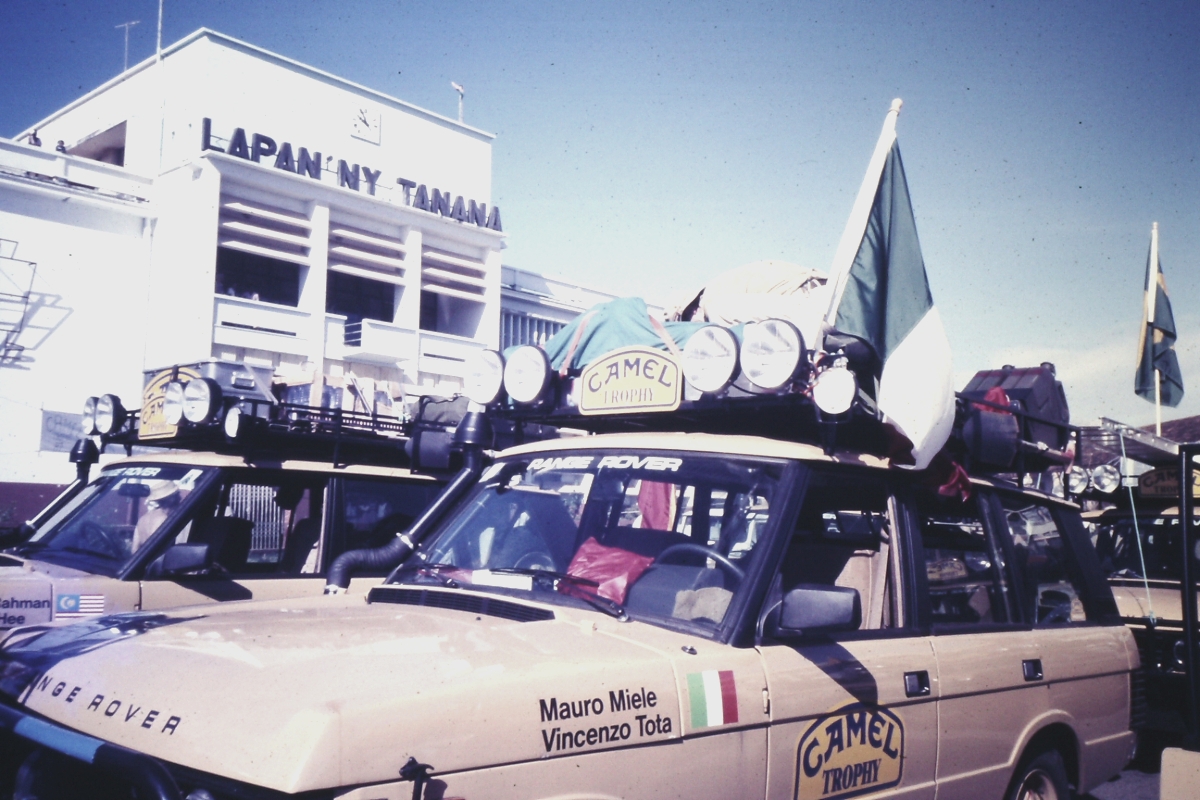
When he returned, his father – who worked at Siena University – asked him what he wanted to do and he said, specialize in motorsports medicine.
How Tota broke into the field is an incredible story of its own, more typical of a time when people used to write letters, and get big breaks from doing so.
“I called Alessandro [Nannini],” Tota says. “He was a very famous Formula 1 driver, and I was a young doctor. And I said, 'Alessandro, I give you my work for free in exchange for my traveling.' And so I started working with him. I started doing all the preparation for a Formula 1 driver.”
Tota worked with Nannini for only two months before his life-threatening helicopter crash a week after finishing on the podium for the Spanish Grand Prix, severing his forearm.
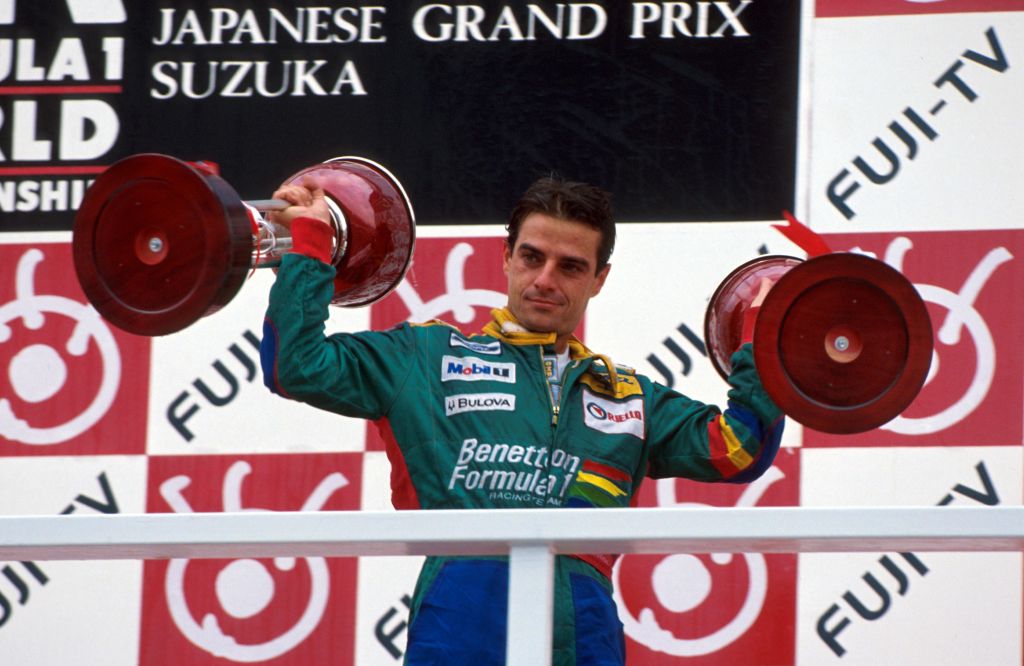
Tota had already began to move in racing circles at this point and the following year he was at Diepholz for the DTM with a friend at BMW, when another fantastic story took place.
“Steve Soper had a big accident the day before, and he had four broken ribs,” Tota explains. “So he came back to the hotel, exactly the same hotel where I was staying, and he was looking for a doctor. Imagine me, 29 years old, very young doctor. And I raise my hand and say, 'I am a doctor!'”
Soper asked for Tota’s help and the next day he won the DTM race. Soper wanted to pay him but Tota asked to be taken on by the BMW team instead, and two weeks later he got the call to join which lasted 20 years.
A chance sit-down at Spa with legendary Audi boss Dr. Wolfgang Ullrich shortly after, he wanted to restructure the medical aspect of Audi’s motorsport division, and Tota remained there until joining Porsche for the LMDh program in 2023.
He’s worked in most series in the world, and has an incredible range of experience. His team totals 10 people and they have experts in diet, physiology, mental health and even car extrication.
“Being a team doctor means that you are 365, 24/7,” Tota adds. “I have almost 20 drivers between the GT and LMDh program, USA and Europe, and I keep them in shape. So whatever happens, if they have a problem, if they get sick, if they have an allergy, they are calling me because they also want to be sure that they don't get a doping penalty, prescribed [medicine against the anti-doping rules] by a non-expert.
“We take care of their fitness and physical preparation. I also have a psychologist that is within my company that, for example, is taking care of all the e-sport drivers. Because the e-sport drivers are less physical, but definitely they have a lot of psychological pressure, and they are different from an athlete.”
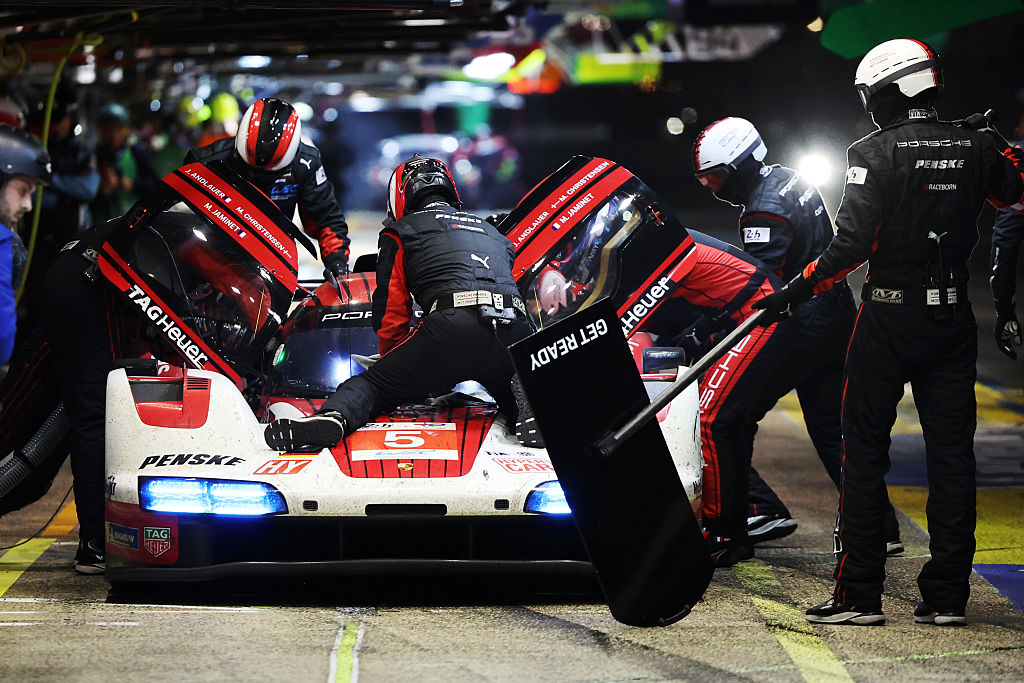
“I was speaking with Nelson Piquet during the Spa 24-hour race. I said, 'Nelson, you are eating a soup made of beans. Do you think this is the right food for a driver an hour before driving, and he said, ‘F*** you! This is what I did when I won three world championships!’ It shows the approach at the time.”
Of course, the level of research and understanding is far greater now and a lot of drivers will have been like Piquet, finding a routine that worked better for them.
In another very important area, Piquet did take Tota’s advice.
“Nelson Piquet, after his accident [at Indianapolis in 1992], he almost lost one foot,” Tota says. “I was really proud of bringing [him] back to racing.
“He basically moved for a couple of months to Siena – he was living together with me and together with my physiotherapist, and we were doing the rehabilitation every single day. So he has been like a good, let's say, starting of my experience together with super champions. Nelson has been one highlight.”
Of course, the understanding of athletes’ preparation and science has moved on greatly in sport generally, this is not a revelation specific to motorsport. But, that being said, motorsport has its own peculiarities that need special approaches and treatments.
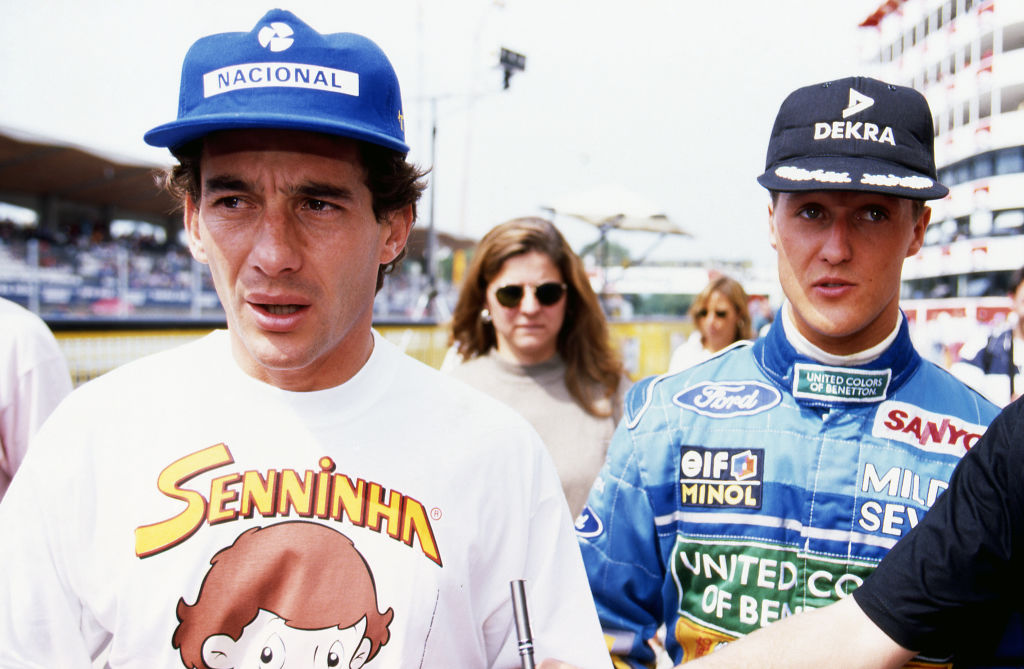
Tota credits two drivers in particular with moving things on in motorsport: Ayrton Senna and Michael Schumacher.
“I never met Ayrton, and I met Michael briefly twice, but I studied deeply what they did in their preparation, and they were the turning point," he says. “Basically, the two brought a completely different approach to professionalism in motorsport, and so they start focusing on mental training, on behavior, on physical training, specific training, extreme hard working in preparation with the engineers, extremely skilled in mechanical and engineering. So basically, they raise the bar to a completely different level.
“Then it has been like a cascade of events every, let's say every year, the professional people involved in motorsport, we brought more and more new techniques, new discoveries, new studies, new food, new food supplements.
“And I would say that me, together with a couple of colleagues, we are the pioneers of this science that is now motorsport. And up to now, there are only two books speaking about medicine applied to motorsport – also because it's a very particular job, and we don't like to share too much. It's very competitive.”
Without Tota, some drivers wouldn’t be racing today or would have had much shorter careers. And many wouldn’t be as well prepared.
But not just the drivers. The welfare of team staff has revolutionized in Tota’s time too. Everyone from engineers to PR people are crucial cogs in the machine and they play a role in the sum of the parts of the race team.
Therefore how they approach racing and are helped to stay in top shape is of vital importance. That’s something Tota is always working on.
Hundreds, perhaps even thousands of people owe their success, and in some cases their lives, to Tota, one of Porsche’s secret weapons.
ShareThis is disabled until you accept Social Networking cookies.
Jack Benyon
Benyon was born into a rally-crazed family in the UK, but fell in love with North American motorsport when he was allowed to stay up at night to watch NASCAR during the period when Jeff Gordon and the 'rainbow warriors' helped NASCAR expand its reach. A passionate motorsport all-rounder, Benyon will be writing columns on IMSA for RACER.
Read Jack Benyon's articles
Latest News
Comments
Disqus is disabled until you accept Social Networking cookies.
